Videos
Discover featured content that dives deeper into the stories of our human journey.
Discovering Our Distant Ancestors

A large conch shell (31 cm long and 18 cm wide) was found in 1931 in the Marsoulas Upper Paleolithic cave in Southern France near the Pyrenean foothills.
It is decorated with fingerprints applied in red ochre that are similar to those found in the wall paintings in the cave. It was originally thought to have been used as a ceremonial cup, until new analyses in 2021 revealed that the shell was modified to be used as a musical wind instrument.

A series of short videos illustrate the properties of sound waves and how they are transmitted and perceived

Cave Structures Shed New Light on Neanderthals
CNRS
Broken stalagmites arranged in circles indicate that humans started occupying caves more than 100 millennia before previously thought and knew how to use fire to navigate dark spaces well before Homo Sapiens.

Clues About the Evolution of Our Extraordinary Minds
Thomas Suddendorf TED Talk
“Our exceedingly mysterious and unique status on earth may be largely our own, rather than God’s creation.” What does this mean for our future?

Did Our Ancestors Have Sex with Neanderthals?
Svante Pääbo, TED
Sharing the results of a massive, worldwide study, geneticist Svante Pääbo shows the DNA proof that early humans mated with Neanderthals after we moved out of Africa.

Experiments with altruism in children and chimps
Max Planck Institute for Evolutionary Anthropology
A series of experiments testing altruism in both very young children and chimpanzees.

Is a Sense of Fairness Uniquely Human?

Lice and Human Evolution
PBS NOVA ScienceNOW
Watch the amazing story of how the genetic history of lice gives us clues to mysteries of our own evolution.

Ochre at the Blombos Cave
SABC Digital news
Explore the oldest known workshop for the deliberate planning, production and storage of a pigmented compound and for the use of a container.


Prehistoric Animations Emerge from Cave Walls
New Scientist
Paleolithic animated pictures.
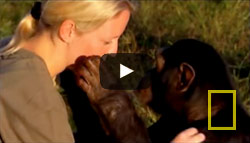

Self-Recognition in Apes
National Geographic
Researchers set up tests to show that great apes can recognize themselves in the mirror.
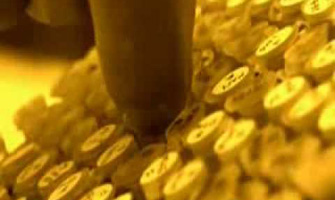

The Journey of Man (Part 1 of 13)-A Genetic Odyssey
Spencer Wells takes us, as he says, on a journey that began “a long time ago [when] your family were on the brink of dying out. Yet, somehow against impossible odds they managed not only to survive but to become the most successful people on the planet.”
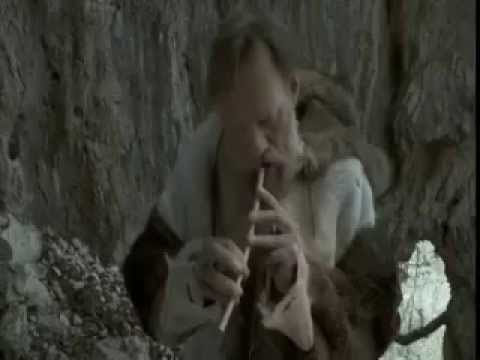

The oldest identifiable musical instrument so far found is a flute, dated 42,000 to 43,000 years ago.
Such flutes were made from vulture bones and ivory from mammoth tusks. This one was found in the Swabian Jura mountains in southern Germany along with a bullroarer, which might have been used for dramatic effect. with a carved set of lines on it that resemble those found in cave paintings, indicating a trance state.
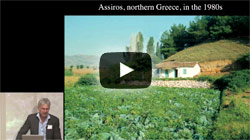

Why Inequality and Violence are Sometimes Good: The Evolution of Human Values with Ian Morris
Ian Morris, Stanford Alumni
Are democracy and gender equality always good? Are violence and wealth inequality always bad? This presentation will dive into what drives changes in human values and what we as a society consider good or evil.
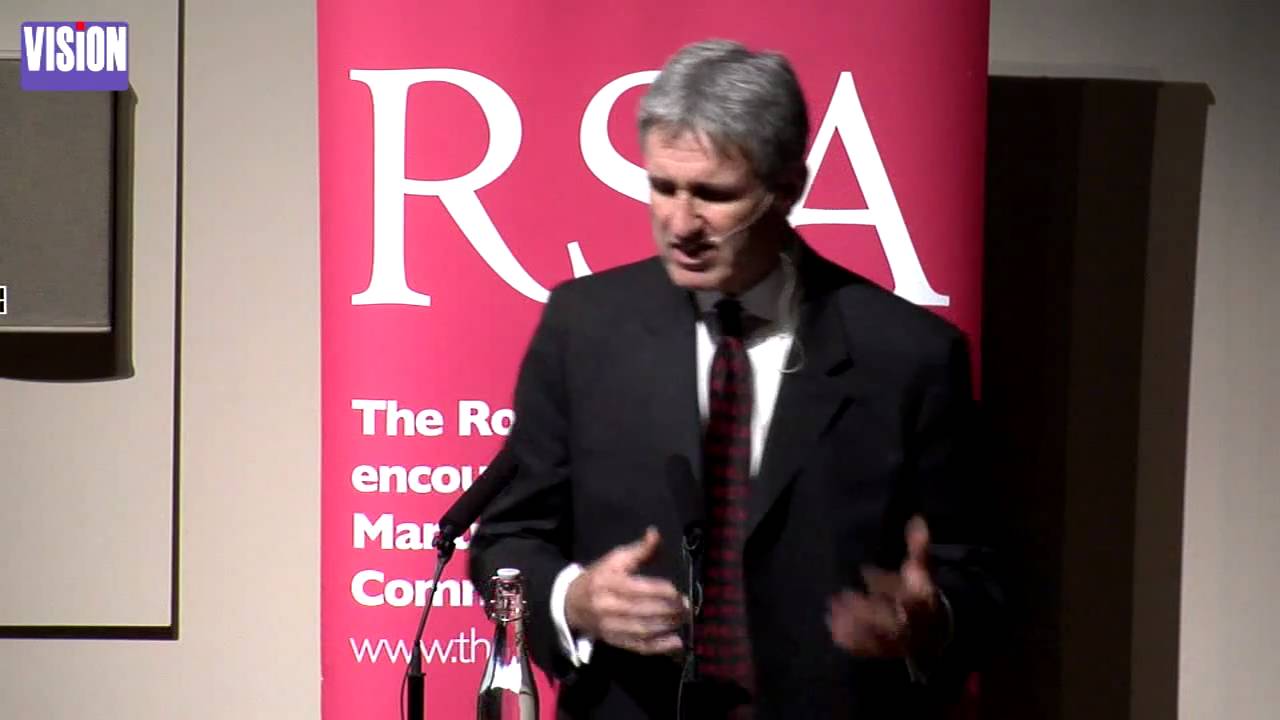

Why the West Rules—For Now
Ian Morris, The RSA
Combining history, anthropology and social science, Stanford historian and archaeologist Ian Morris looks afresh at our global past, present and future.
The Evolution of Language
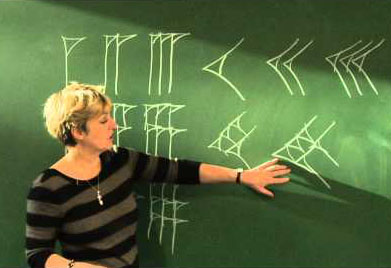

Babylonian Numbers
Dr. Eleanor Robinson, University of Cambridge
Learn to write numbers using the Babylonian base-60 system.
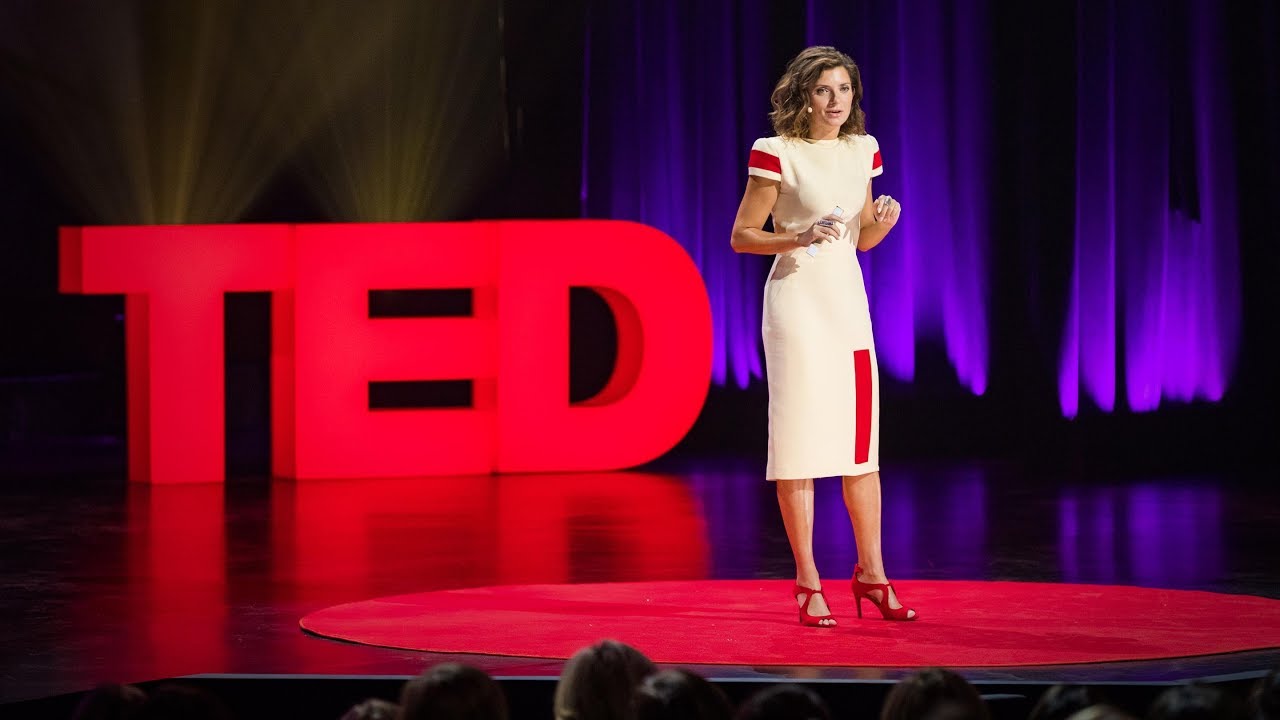

How language shapes the way we think
Cognitive scientist Lera Boroditsky shows how our language can even change what color you see when you look out at the world.
Ted Talk
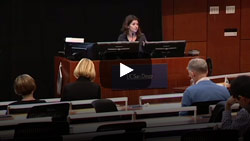

How the Languages We Speak Shape the Ways We Think
UCTVSeminars
Do speakers of different languages think differently? Does learning new languages change the way you think? Do bilinguals think differently when speaking different languages? Does language shape our thinking only when we’re speaking, or does it shape our attentional and cognitive patterns more broadly?
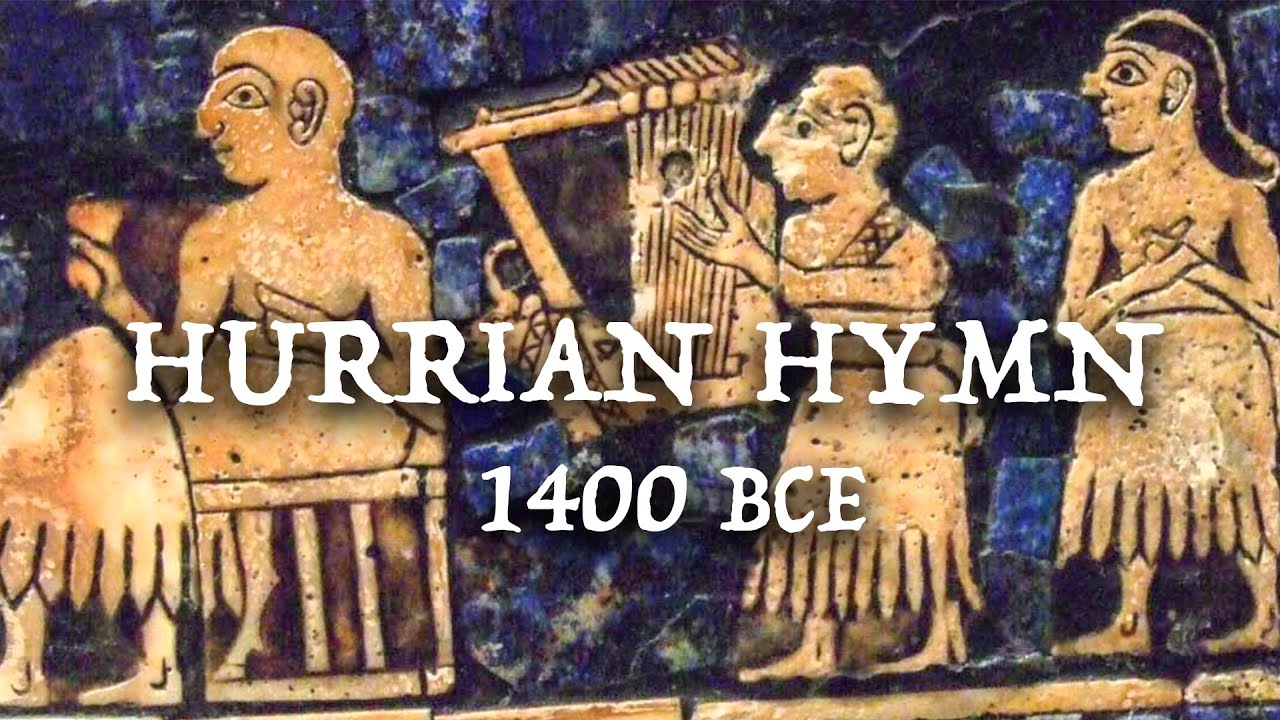

The Oldest (Known) Song of All Time
The Hurrian Hymn is history’s oldest known song. It’s the earliest written song that can be reconstructed.
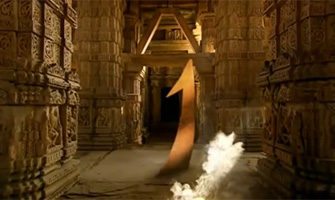

The Story of 1 (One the number)
A BBC documentary about the history of numbers, and in particular, the number 1.
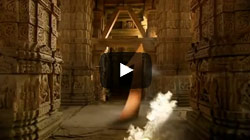

The Story of 1 (One the number)
BBC
A BBC documentary about the history of numbers, and in particular, the number 1.
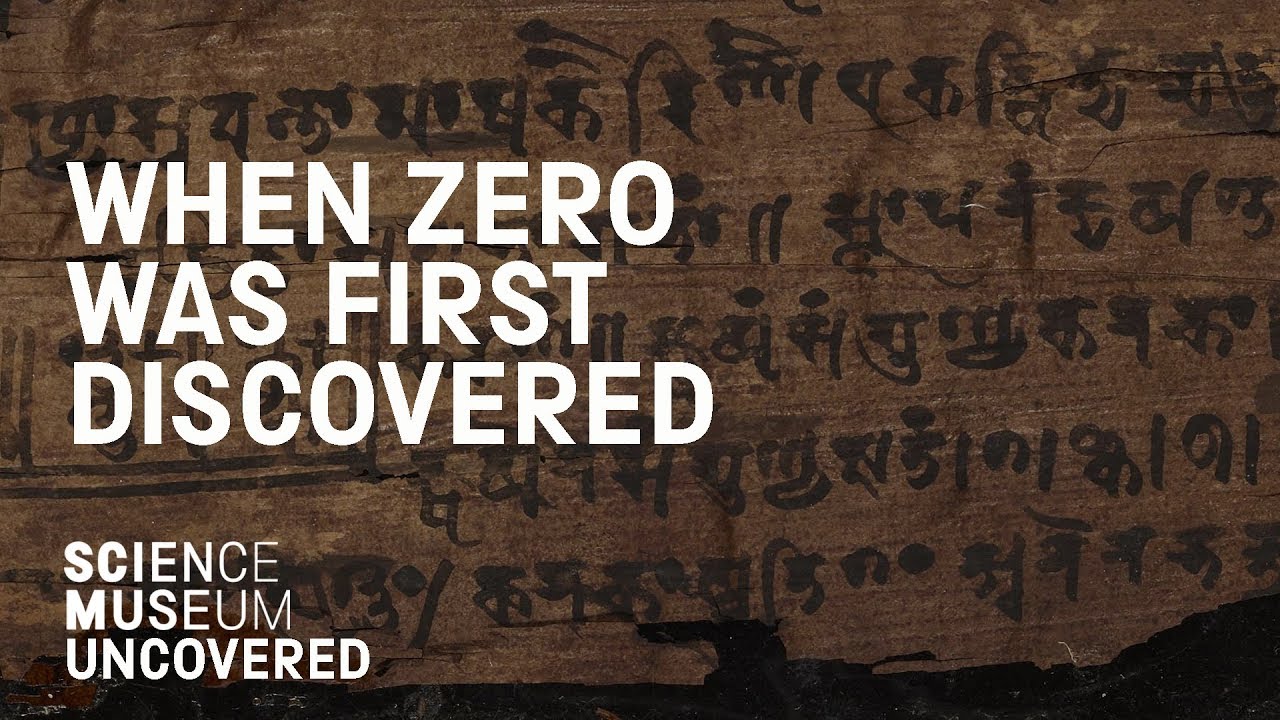

When zero was first discovered
Marcus de Sautoy, Professor of Mathematics at the University of Oxford, reveals the vital importance of the Bakhshali Manuscript to the history of mathematics. Surviving leaf fragments from this birch bark scroll originate from the Indian subcontinent. They are over 1,800 years old and provide the first evidence to date of the invention of zero.
Ideas that Shaped Our Modern World
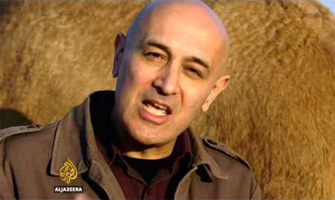

Al Khwarizmi – The father of algebra
Science in the Golden Age of Islam.


Astronomy – The Science of the Stars.
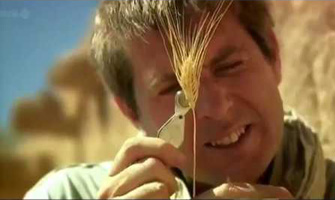

Göbekli Tepe
BBC
How did the first farmers sustain a large community and build Göbekli Tepe 12,000 years ago?
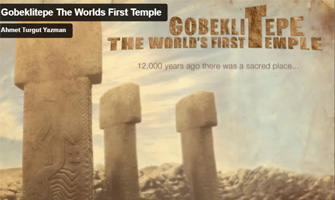

Göbekli Tepe the World's First Temple
This film tells the magnificent story of a temple complex is so impeccably preserved, with evidence so clear, that it might as well have been carved yesterday.
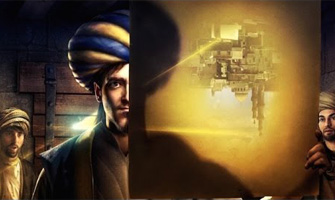

Ibn Al-Haytham (Alhazen)–Optics: The True Nature of Light
By Jim Al-Khalili.
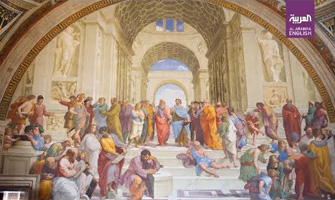

Ibn Rushd the muslim philosopher who paved the way to the European renaissance
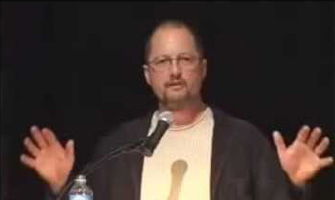

Misquoting Jesus in the Bible
Bart D. Ehrman, Heyns Lecture Series, Stanford University
How might the process of transcription have led to misunderstandings of the life and teachings of Jesus?
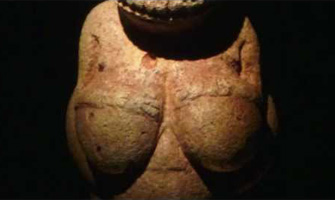

Nude woman (Venus of Willendorf)
What cultural role did this 4.4″ tall statuette of a female figure play in society over 25,000 years ago?


Plato’s Cave
An animated version of Plato’s The Allegory of the Cave.
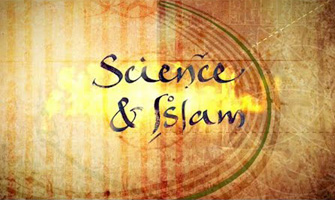

Science & Islam
BBC full series with Jim Al-Khalili
The history of Islamic science and it’s subsequent spread through Europe.
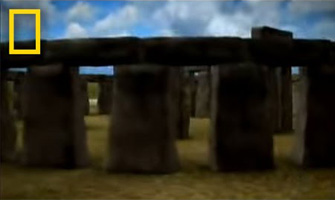

Secrets of Stonehenge
National Geographic
Many secrets remain surrounding the creation of Stonehenge. Archaeologists try to unravel the mystery.
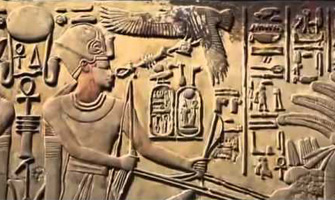

Secrets of the Aegean Apocalypse
Around 1,200 BC, an ancient Armageddon destroyed nearly every known civilization. What could have caused it? The theories are many, but most now include one mysterious and massively destructive factor – a force only the Egyptians survived to name: The Sea People.
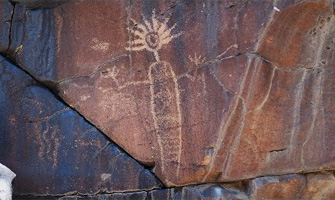

Talking Stone–Rock Art of the Cosos
Paul Goldsmith, ASC and Alan P. Garfinkel
Hidden away in the canyons of a top secret military base on the edge of the Mojave Desert is the largest concentration of rock art in North America. Created over thousands of years by a now vanished culture, it represents the oldest art in California. Talking Stone explores the remote canyons and mysteries surrounding these amazing images.
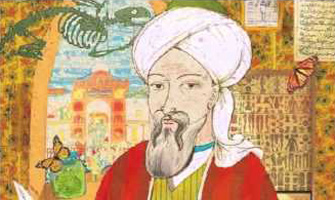

UNBOXED: Avicenna’s Floating Man & Descartes’ Deceiving Demon
Tools and the Development of Contemporary Society
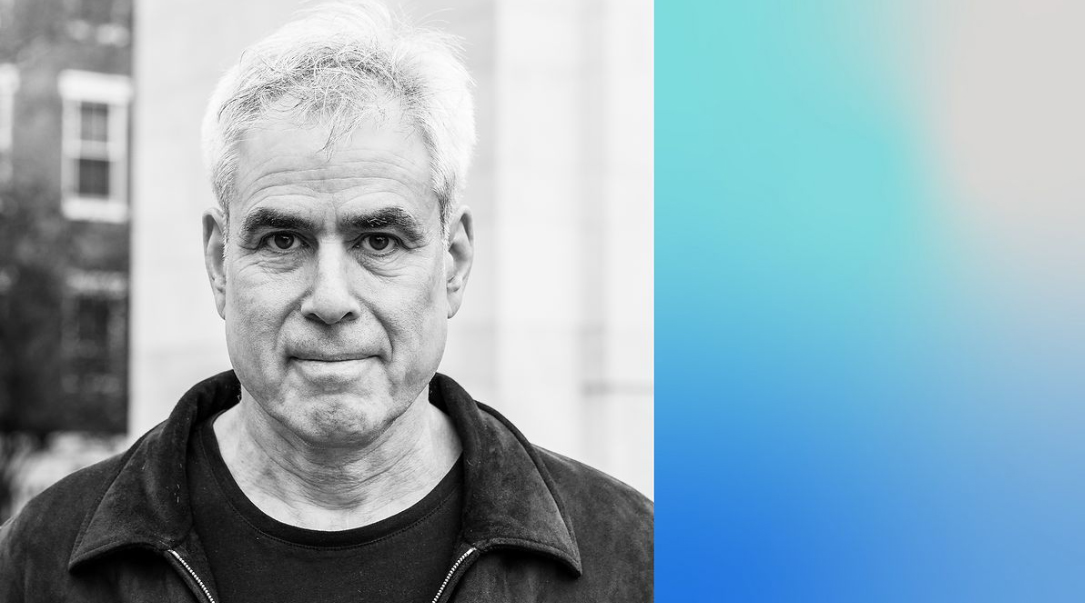

Are smartphones ruining childhood? Jonathan Haidt, 2024
Social psychologist Jonathan Haidt's latest book, The Anxious Generation, is shaping cultural conversations and sparking fierce debates about the role of smartphones in society. In this timely conversation, he investigates how a smartphone-based childhood, amplified by overprotective parenting, is driving the mental health crisis among young people. He also explores the push for phone bans in schools and the concrete steps we can take to improve the mental health of young people around the world.
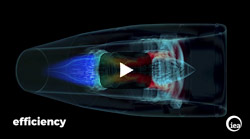

Digitalization & Energy: A New Era in Energy?
International Energy Agency
The IEA’s latest report, Digitalization & Energy, is the first-ever comprehensive effort to depict how digital technologies could transform the world’s energy systems.
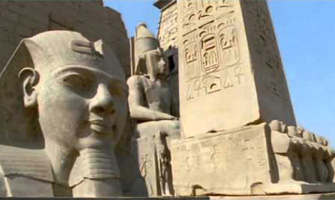

Guns, Germs, and Steel: The Fates of Human Societies
National Geographic
Based on the book by Jared Diamond.
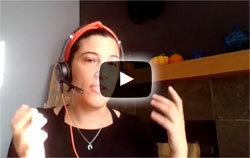

Renée DiResta: How to Beat Bad Information
Stanford University School of Engineering
Renée DiResta is research manager at the Stanford Internet Observatory, a multi-disciplinary center that focuses on abuses of information technology, particularly social media. She’s an expert in the role technology platforms and their “curatorial” algorithms play in the rise and spread of misinformation and disinformation.
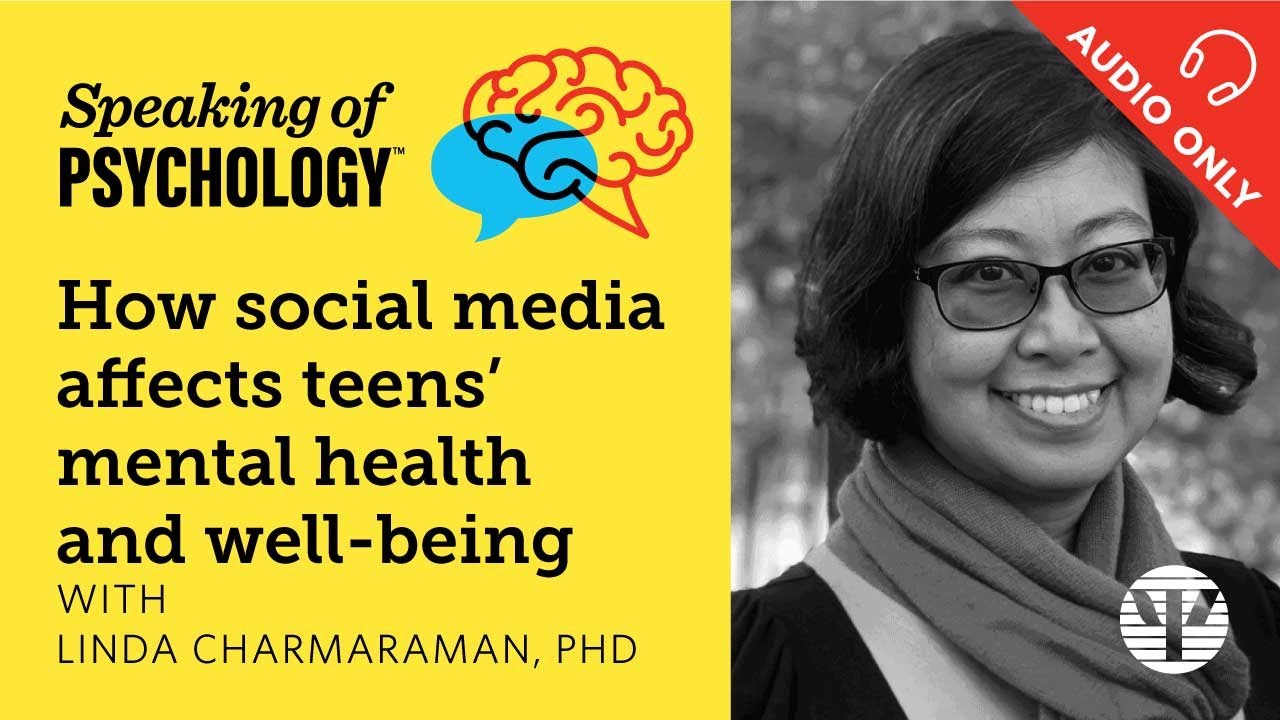

Speaking of Psychology: How social media affects teens’ mental health, with Linda Charmaraman, PhD (2021)
The vast majority of US teens have access to a smartphone and at least one social media account, and recent headlines seem to confirm parents’ worst fears about the effects of all that time spent online. But psychologists’ research suggests that there are nuanced answers to the question of how social media affects teens’ mental health and well-being. Linda Charmaraman, PhD, director of the Youth, Media, and Wellbeing Research Lab at the Wellesley Centers for Women, discusses how teens use social media today, its impact on their mental health, and what parents, educators and others can do to maximize its benefits and minimize its potential harms.
A Sustainable Planet
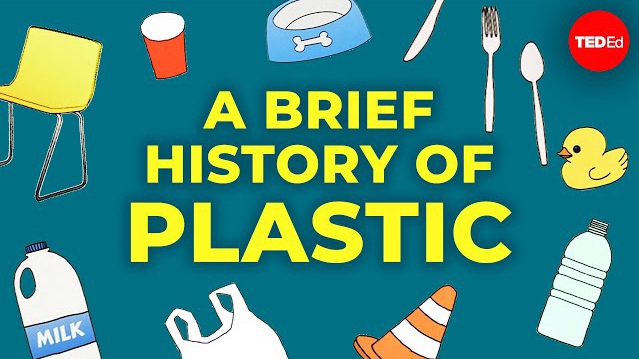

A Brief History of Plastic (#TeamSeas)
Learn why and how plastic was originally developed and how we have reaped the wonderful benefits of this unique material while inadvertently creating our current struggle with its disposal and dangers.
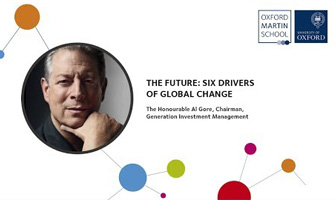

Al Gore–The future: Six Drivers of Global Change
Oxford Martin School
Al Gore surveys our planet’s beclouded horizon and offers a sober, learned, and ultimately hopeful forecast. In The Future, Gore identifies the emerging forces that are reshaping our world.
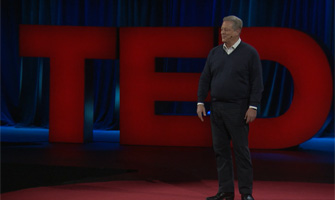

Al Gore: The Case for Optimism on Climate Change
TED 2016
Al Gore, founder and chairman of The Climate Reality Project, poses three questions that will determine the future of our planet---and why there’s good reason to be optimistic.
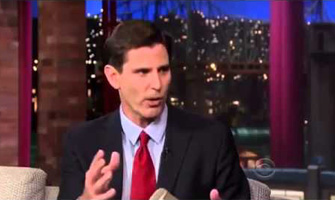

Astronomy-Mark Jacobson interview on David Letterman
Mark Jacobson presents solutions for global warming and air pollution and energy price stability.
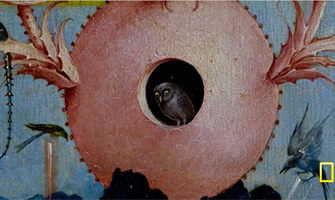

Before the Flood
National Geographic
This epic documentary follows Leonard DiCaprio’s 3-year journey around the world to examine firsthand the effects of climate change and delivers a hopeful view of how we can prevent catastrophic damage that could make the Earth unsustainable for human life.
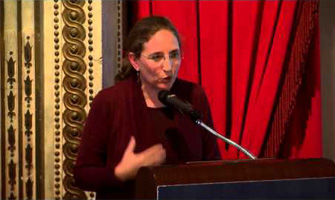

Book Launch: The Big Ratchet by Ruth DeFries
Professor Ruth DeFries asks “How did we get to be the species that dominates the planet? Can we see any pattern? Can we see any guidance for the future by taking this long lens back on our domination?”
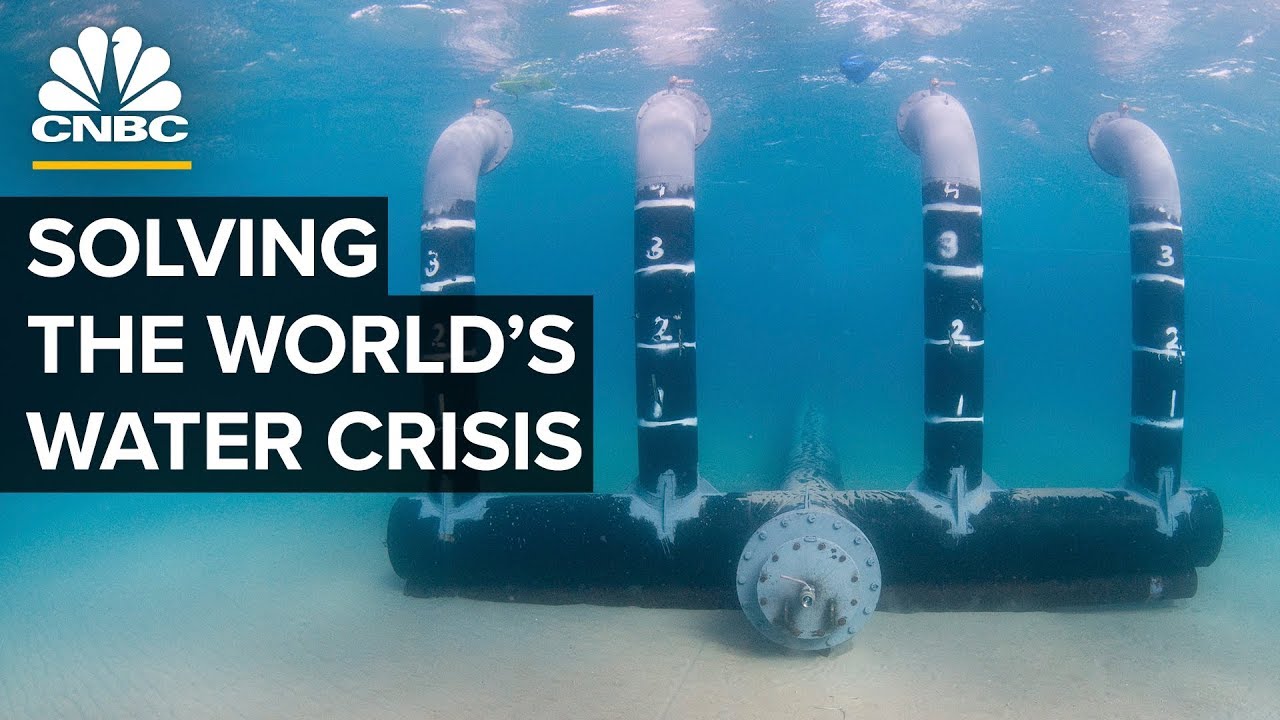

Can Sea Water Desalination Save The World?
Globally, one out of three people don’t have ready access to safe drinking water. Why can’t we just take seawater, filter out the salt, and have an unlimited supply of clean, fresh water? Find out why this is a last resort.
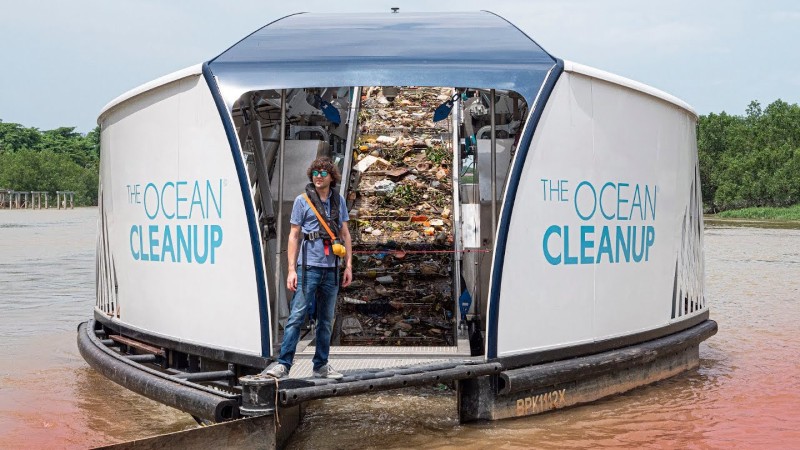

Cleaning the Rivers–Cnet
The Ocean Cleanup is a nonprofit working on methods of cleaning our oceans of plastic—including stopping plastic from entering the ocean in the first place. This video explains their unique technology for cleaning debris from our rivers to prevent the pollution from spreading to the oceans.


Connectivity Conservation
Center for Large Landscape Conservation
Learn how all of us can help avoid landscape fragmentation, where roads and other human activities divide habitat into isolated patches and make it difficult for wildlife to thrive.
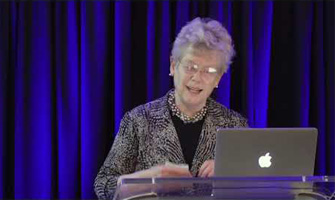

Cosmic Knowledge and the Future of the Human Race
Sandra Faber, Kraw Lecture Series, UC Santa Cruz
National Medal of Science winner Sandra Faber describes how the profound insights of cosmology take the issue of sustainability out of the personal and into a more objective consideration of where---and if---we are going.


Coyote and Badger
Peninsula Open Space Trust (POST) / Pathways for Wildlife
We know from scientific studies and Native American records that coyotes and badgers have been known to hunt together. But this is the first documentation (that we know of) where a coyote and badger use a human-made structure to travel together safely.
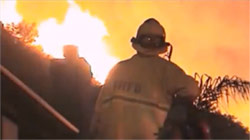

David Wallace-Wells | The Uninhabitable Earth
Extinction Radio
Famine, economic collapse, a sun that cooks us: What climate change could wreak—sooner than you think.
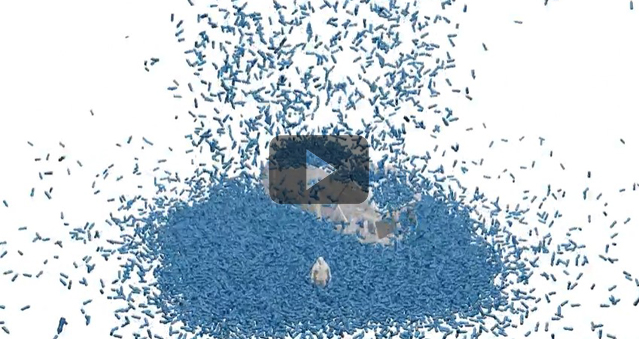

Drowning in Plastic–Visualizing the World’s Addiction to Plastic Bottles (Reuters)
It’s almost impossible to imagine the magnitude of waste created by our simple, everyday habits. This depiction of the plastic bottles we discard vividly demonstrates the extent of plastic refuse.


How Plastic Recycling Actually Works (PBS)
Learn the details of how plastic recycling is actually done—and why it’s so difficult to do effectively.
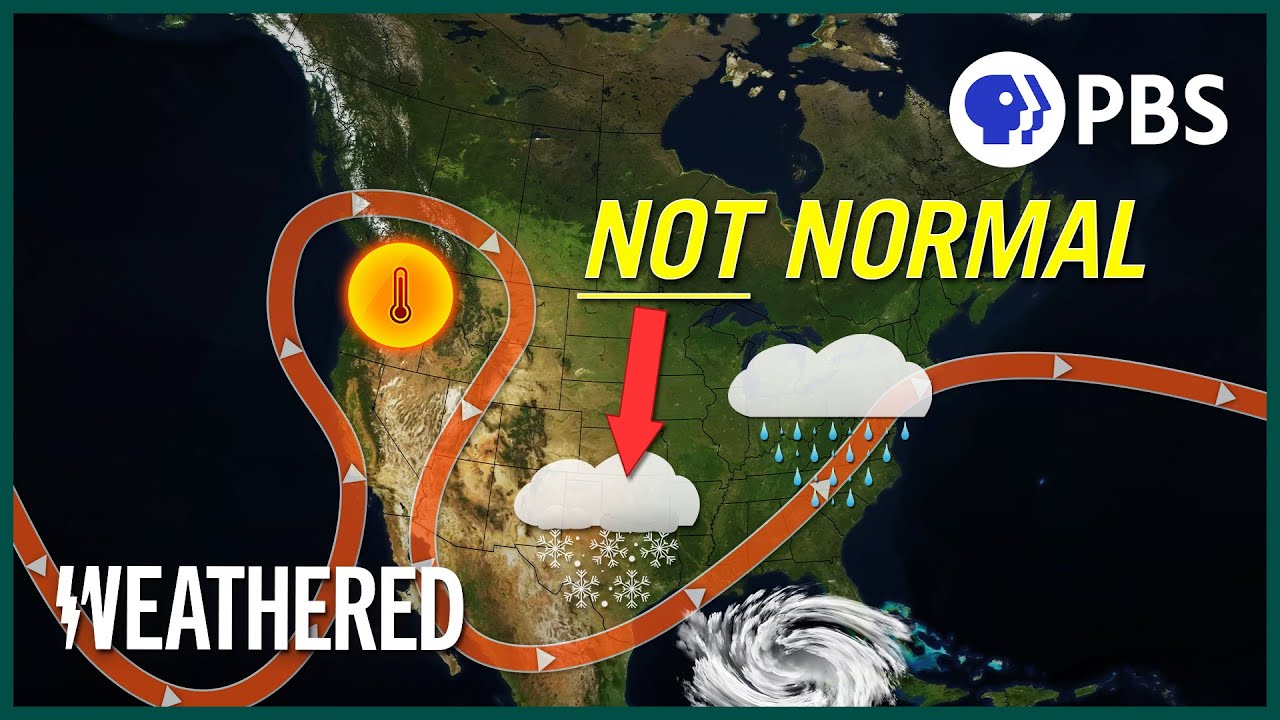

Is THIS the Real Reason Weather is Getting Wilder?
Learn the way that climate change is causing extreme storms, drought and floods.
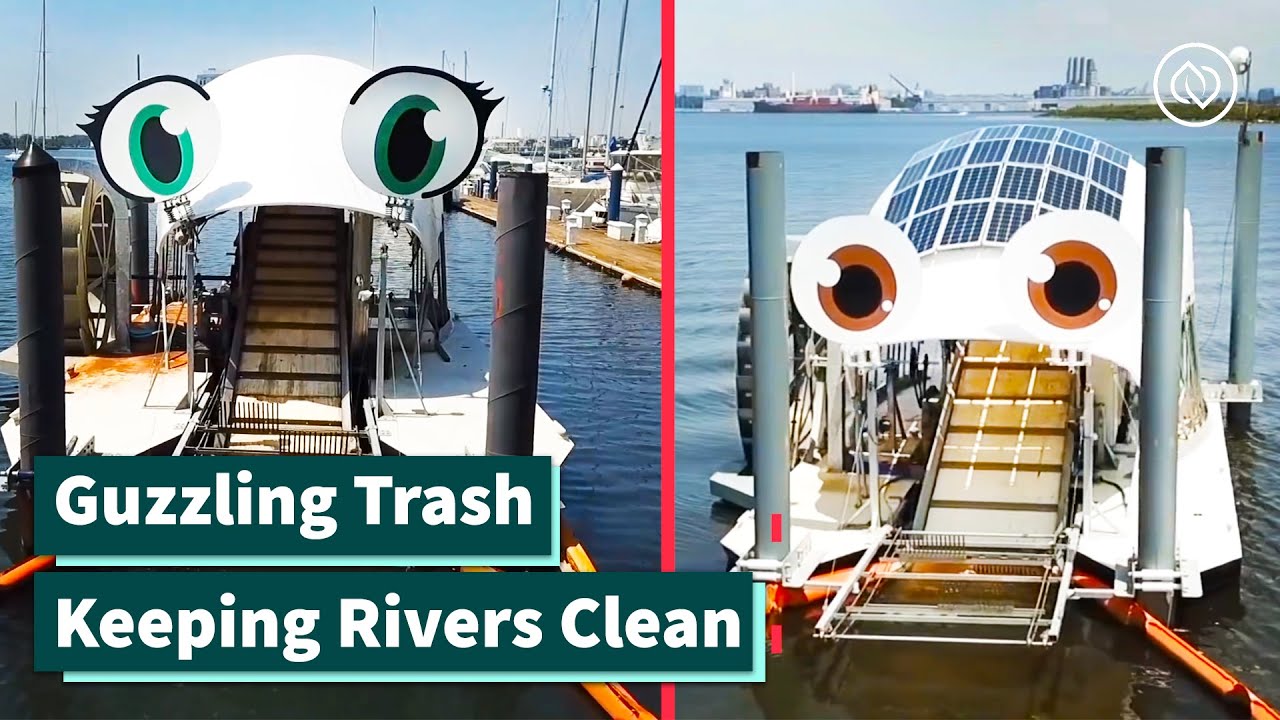

Mr. Trash Wheel Is Keeping Baltimore Rivers Clean
What has googly eyes and is cleaning up the harbor of Baltimore, USA? Meet the Trash Wheel Family – Mr. Trash Wheel, Professor Trash Wheel, Captain Trash Wheel, and Gwynnda the Good Wheel of the West.
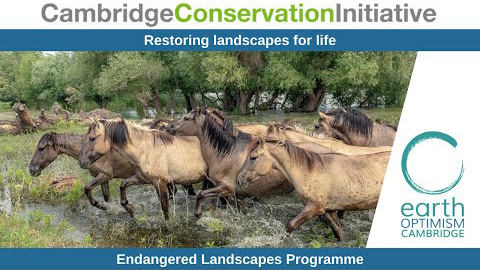

Restoring Landscapes for Life
Cambridge Conservation Initiative
Several recent restoration projects on both land and sea provide cause for real optimism and demonstrate how we can make ecosystems more resilient and enable species to return to their natural habitats.
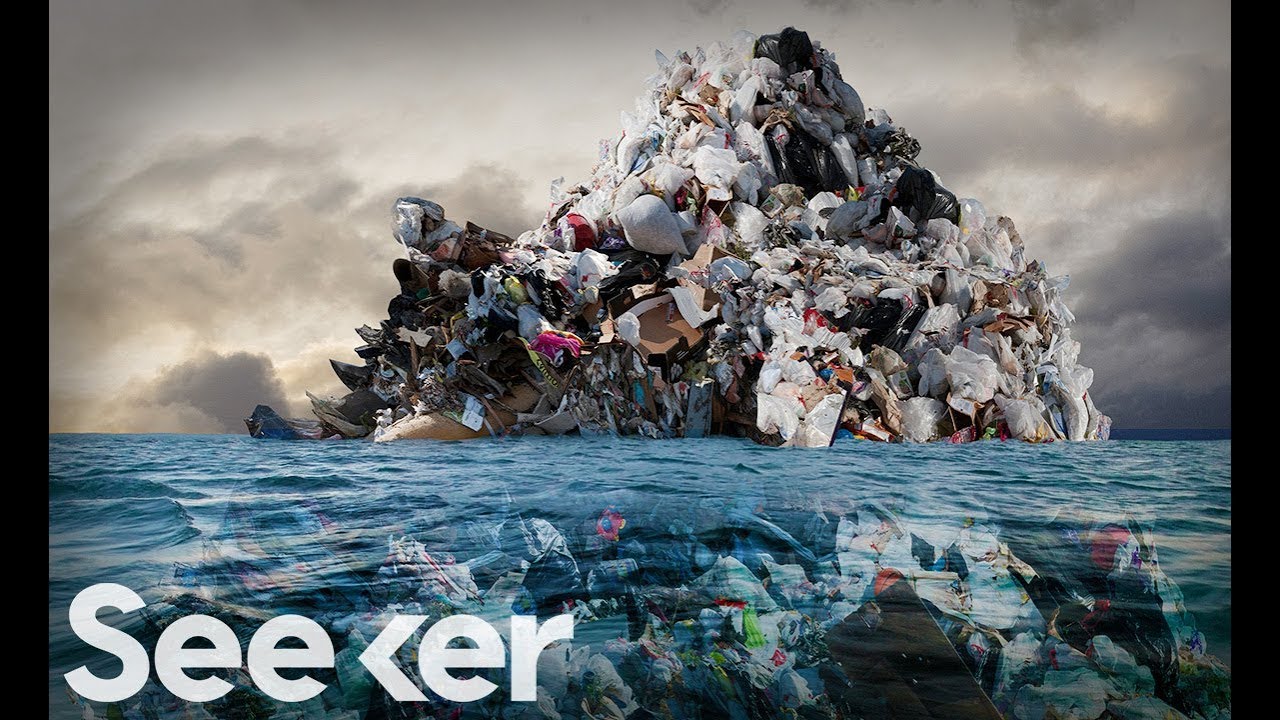

The Great Pacific Garbage Patch Is Not What You Think It Is
The Swim
It’s not an island twice the size of Texas. But it is severely impacting marine life and human health… and incredibly hard to study.
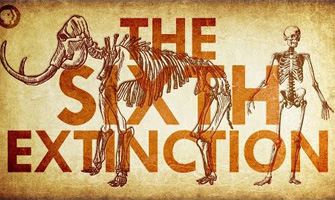

The Sixth Extinction
It’s Okay to Be Smart
This time, we’re the asteroid. A history of mass extinctions.
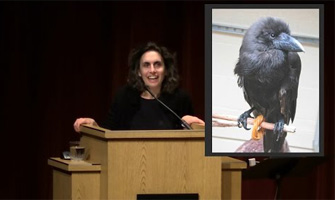

The Sixth Extinction: Elizabeth Kolbert
Elizabeth Kolbert, Heinz Award-winning staff writer for the New Yorker and author of Field Notes from a Catastrophe: Man, Nature, and Climate Change (2006), discusses her book The Sixth Extinction at OSU.
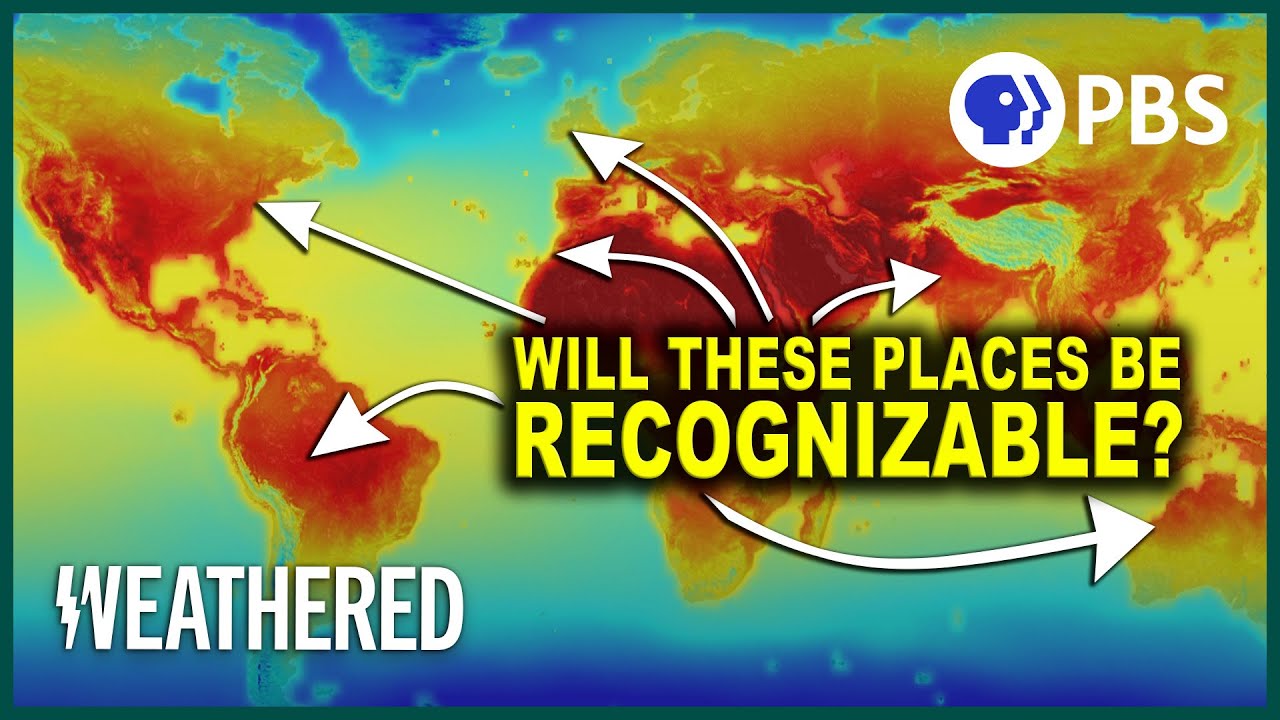

The Threat from Climate Tipping Points
Is one degree of warming really that big a deal? Yes, it is, and find out why it could lead to even greater climate threats.


Why Wildlife Corridors Matter
Center for Large Landscape Conservation
This video illustrates the importance of large landscape conservation—why connected natural areas are so critical—not only for wildlife, but for all of us.
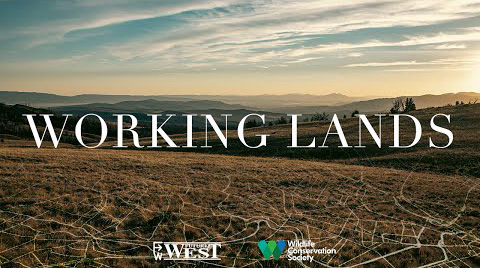

Working Lands, a Story of Bears and Ranching
Future West
This video illustrates how ranchers in the western U.S.A manage their land, including its wildlife, and see why working ranches are critical to habitat connectivity and wildlife preservation.
The Changing World Economy
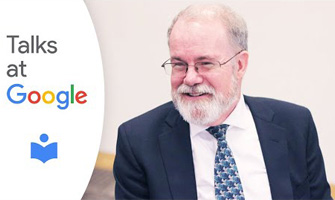

Can the West Save the Rest
William Easterly, Google Talks
The author of The White Man’s Burden, discusses his book that changed the debate on aid, and the role the West should play to promote economic, social, and political development in the developing world.
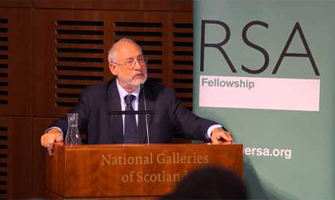

Creating a Learning Society by Joseph Stiglitz
RSA
Watch Joseph E. Stiglitz’ lecture delivered in 2014 at RSA Scotland on the topic of Creating a Learning Society.
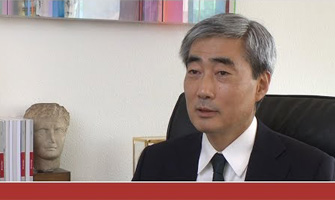

Cryptocurrencies: Looking Beyond the Hype
Bank for International Settlements
Cryptocurrencies’ decentralised model of generating trust limits their potential to replace conventional money.
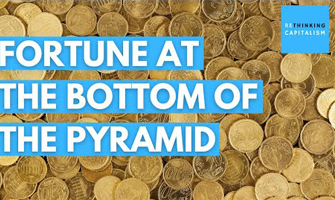

Fortune at the Bottom of the Pyramid
Fusion Universal
See a 5-minute summary of C.K Prahalad’s book on how great companies through social entrepreneurship can help alleviate global poverty by servicing the vast market of the world’s poorest people.
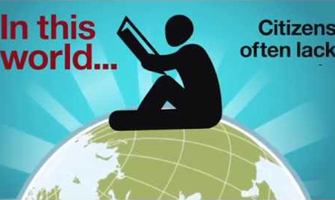

In This World…
UNESCO
Freedom of information is closely linked to a culture of openness. Open and inclusive societies protect press freedom crucial to sustainable development.
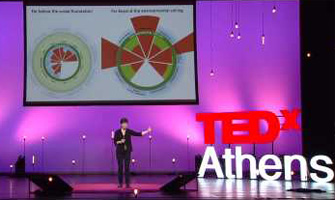

Kate Raworth–Why It’s Time for “Doughnut Economics”
TEDx
Economic theory is centuries out of date and that’s a disaster for tackling the 21st century’s challenges of climate change, poverty, and extreme inequality. Kate Raworth flips economic thinking on its head to give a crash course in alternative economics, explaining in three minutes what they’ll never teach you in three years of a degree. Find out why it’s time to get into the doughnut…
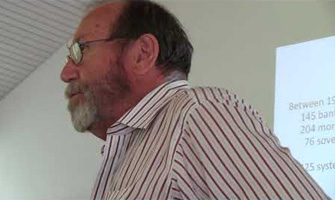

Money and Sustainability: The Missing Link
Global Community Initiatives
Bernard Lietaer prepared a report for the Club of Rome on the link between our monetary system and the unsustainable trends in the world---this is a summary of the report.
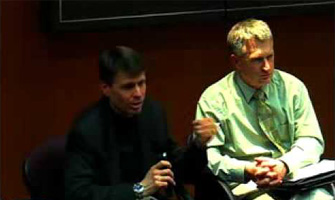

Perspectives on the White Man’s Burden
BYU Kennedy Center
Four faculty members share their perspective on William Easterly’s The White Man’s Burden.
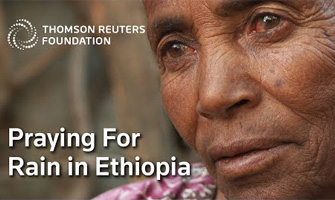

Praying for Rain in Ethiopia
Thomson Reuters Foundation
For those who escaped the famines of the 1980s, the current drought in Ethiopia brings back memories of a time they hoped never to see again. Experiencing the worst drought in 50 years, residents of Tsemera in the Northern Highlands have seen their streams dry up and their crops fail.
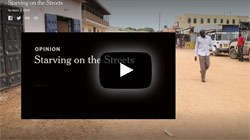

Starving on the Streets
Nicholas Kristof, New York Times
In July 2015 Nicholas Kristof travelled to South Sudan to cover the war-driven famine and the need for peace.
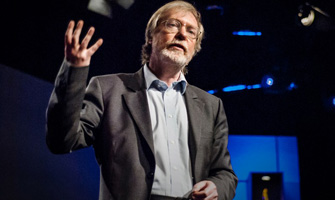

The Bottom Billion
Paul Collier, TED
Around the world right now, one billion people are trapped in poor or failing countries. How can we help them? Economist Paul Collier lays out a bold, compassionate plan for closing the gap between rich and poor.
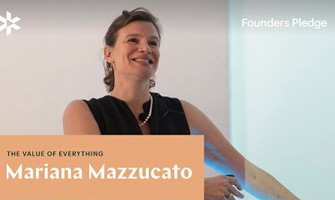

The Value of Everything | Mariana Mazzucato
Founders Pledge
Who are the makers and takers in our economy? If we want sustainable and fair economic growth, Professor Mazzucato argues, we need to question the stories we’ve been told about value creation.
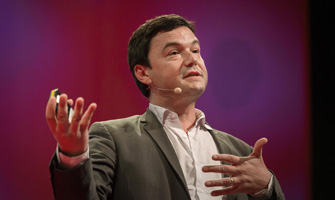

Thomas Piketty: New thoughts on capital in the twenty-first century
TED
French economist Thomas Piketty caused a sensation in early 2014 with his book on a simple, brutal formula explaining economic inequality: r > g (meaning that return on capital is generally higher than economic growth). Here, he talks through the massive data set that led him to conclude: Economic inequality is not new, but it is getting worse, with radical possible impacts.
Health and Education in the Modern World
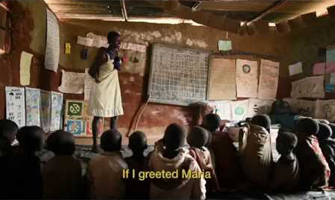

BRAC and the LEGO Foundation Collaborate on Play-to-Learn Project
BRAC
Children are able to explore different aspects of their identity and increase collaboration through play.
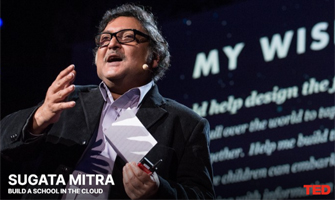

Build a School in the Cloud
Sugatra Mitra, TED
Sugatra Mitra’s idea for a School in the Cloud, a learning lab in India, where children can explore and learn from each other using resources and mentoring from the cloud. Hear his inspiring vision for Self Organized Learning Environments (SOLE), and learn more.
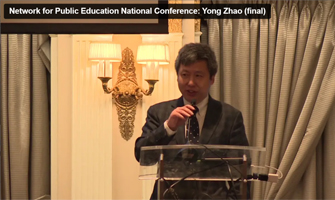

China Is the Wrong Model
Yong Zhao, Network for Public Education National Conference
Yong Zhao’s lively address brings a thought-provoking perspective on comparing U.S. and Chinese student test scores as a way to evaluate our education systems.
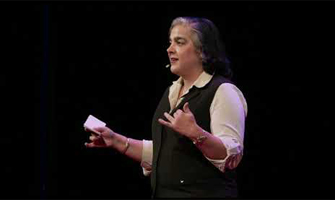

Coronavirus Is Our Future
Alanna Shaikh, TEDx
Global health expert Alanna Shaikh talks about the current status of the 2019 nCov coronavirus outbreak and what this can teach us about the epidemics yet to come.
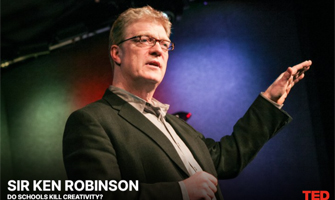

Do Schools Kill Creativity?
Sir Ken Robinson, TED
Here the entertaining and profoundly moving case for creating an education system that nurtures (rather than undermines) creativity


Enhancing Learning with the Power of Passive Exposure – Neuroscience News
Wu Tsai Neurosciences Institute, Stanford Univ.
Discover how passive exposure, alongside active practice, can significantly enhance the learning process.
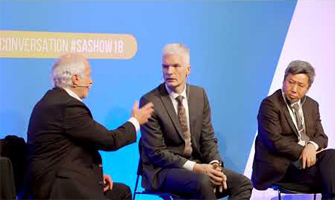

Experts Debate Merits of PISA
Yong Zhao & Andreas Schleicher, Schools & Academies Show Birmingham 2018
Education scholars Yong Zhao and Andreas Schleicher share their divergent views on the pros and cons of OECD’s international testing program.
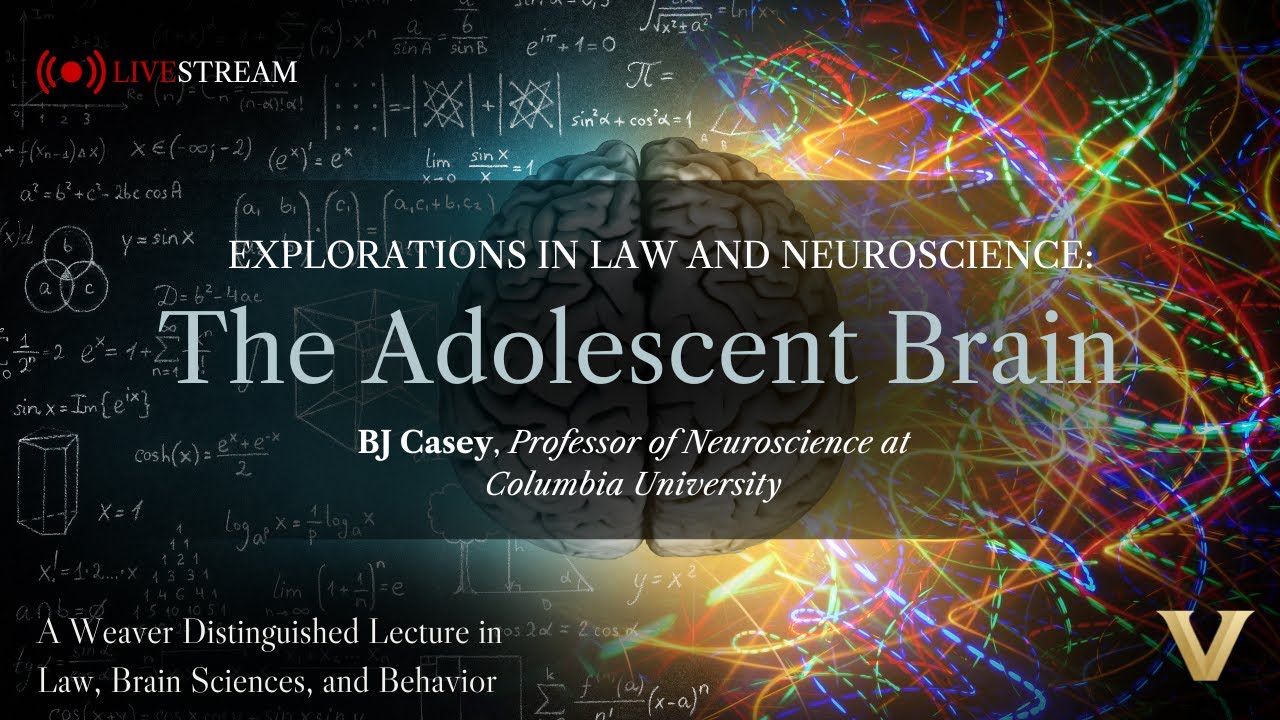

Explorations in Law and Neuroscience: The Adolescent Brain with BJ Casey, Sept 11, 2024
Nationally renowned neuroscientist BJ Casey’s lecture highlights unique vulnerabilities along with tremendous opportunities for growth and change in adolescents; clarify the current state of the science on typical behavioral and brain development during adolescence that extends beyond 18 years of age; and demonstrate that behavior, personality, and psychopathic traits are dynamic and show continued change beyond adolescence. The science was discussed in the context of rethinking the ways in which young offenders are treated in the justice system.
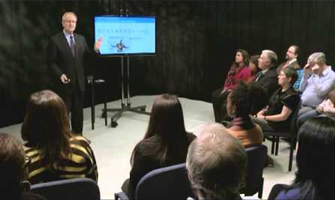

Healthy Pleasures: The New Science of Happiness
David Sobel
The Health Benefits of Sensuality, Optimism and Altruism
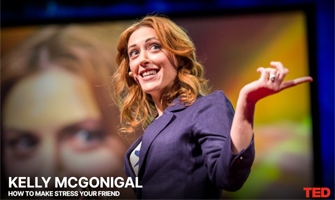

How to Make Stress Your Friend
Kelly McGonigal
Psychologist Kelly McGonigal urges us to see stress as a positive, and introduces us to an unsung mechanism for stress reduction: reaching out to others.
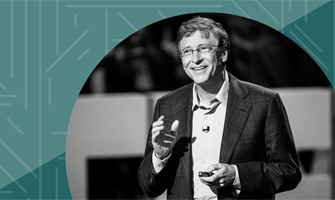

How We must Respond to the Coronavirus Pandemic
Bill Gates, Chris Anderson & Whitney Pennington Rogers, TED
Bill Gates offers insights into the COVID-19 pandemic, discussing why testing and self-isolation are essential, which medical advancements show promise and what it will take for the world to endure this crisis.
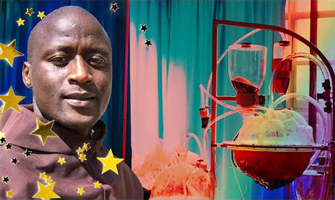

Inspired Teaching in Kenya
Rural public school teacher wins $1M Global Teacher Prize
Peter Tabichi left his private school job to teach science and math in the ill-equipped public secondary school in Kenya’s remote Pwani Village. His students garnered recognition from The Royal Society of Chemistry for harnessing local plant life to generate electricity.
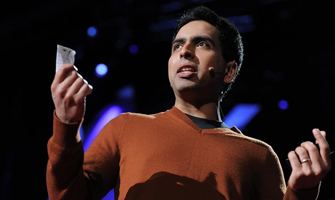

Let’s Use Video to Reinvent Education
Salman Khan at TED
Salman Khan talks about how and why he created the remarkable Khan Academy, a carefully structured series of educational videos offering complete curricula in math and, now, other subjects. He shows the power of interactive exercises, and calls for teachers to consider flipping the traditional classroom script — give students video lectures to watch at home, and do “homework” in the classroom with the teacher available to help.
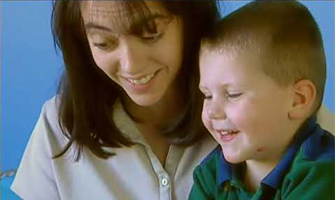

Magic of Reading
Share Literacy
Programs that work: Over the past 16 years, Share Literacy has served over 690,000 disadvantaged children in the U.S. and other countries providing low cost books, training materials, and professional development services.
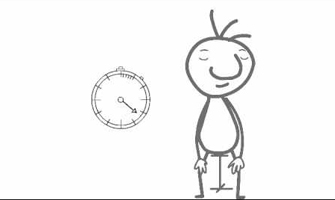

One-Moment Meditation: “How to Meditate in a Moment”
One moment can change everything.
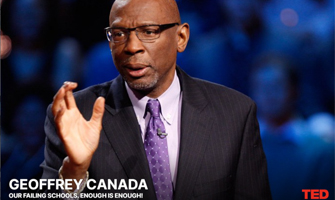

Our Failing Schools. Enough is Enough
Geoffrey Canada, TED
Why does our education system look the way it did 50 years ago? Millions of students were failing then, as they are now—and it’s because we’re clinging to a business model that clearly doesn’t work. Education advocate Geoffrey Canada dares the system to make systematic shifts in order to help greater numbers of kids excel.
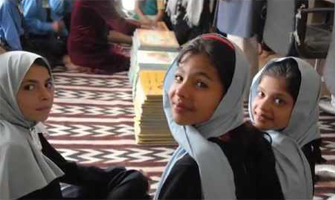

Peace and Stability Begin with Literacy
Books for Afghanistan
Books for Pakistan
The literacy needs of Afghan and Pakistani children are crucial to the stability and progress of their countries and the region, yet their ability to educate its children in turbulent years is severely impeded.
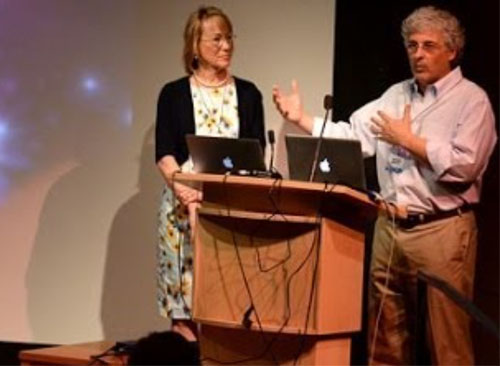

The “Big Bang” in Learning: Brain Changes and Childhood Learning
Dr. Patricia K. Kuhl and Dr. Andrew N. Meltzoff, internationally recognized experts in child development and co-directors of the University of Washington Institute for Learning & Brain Sciences explain the essential components that make early childhood learning a big bang that no child should miss, and society can’t ignore.
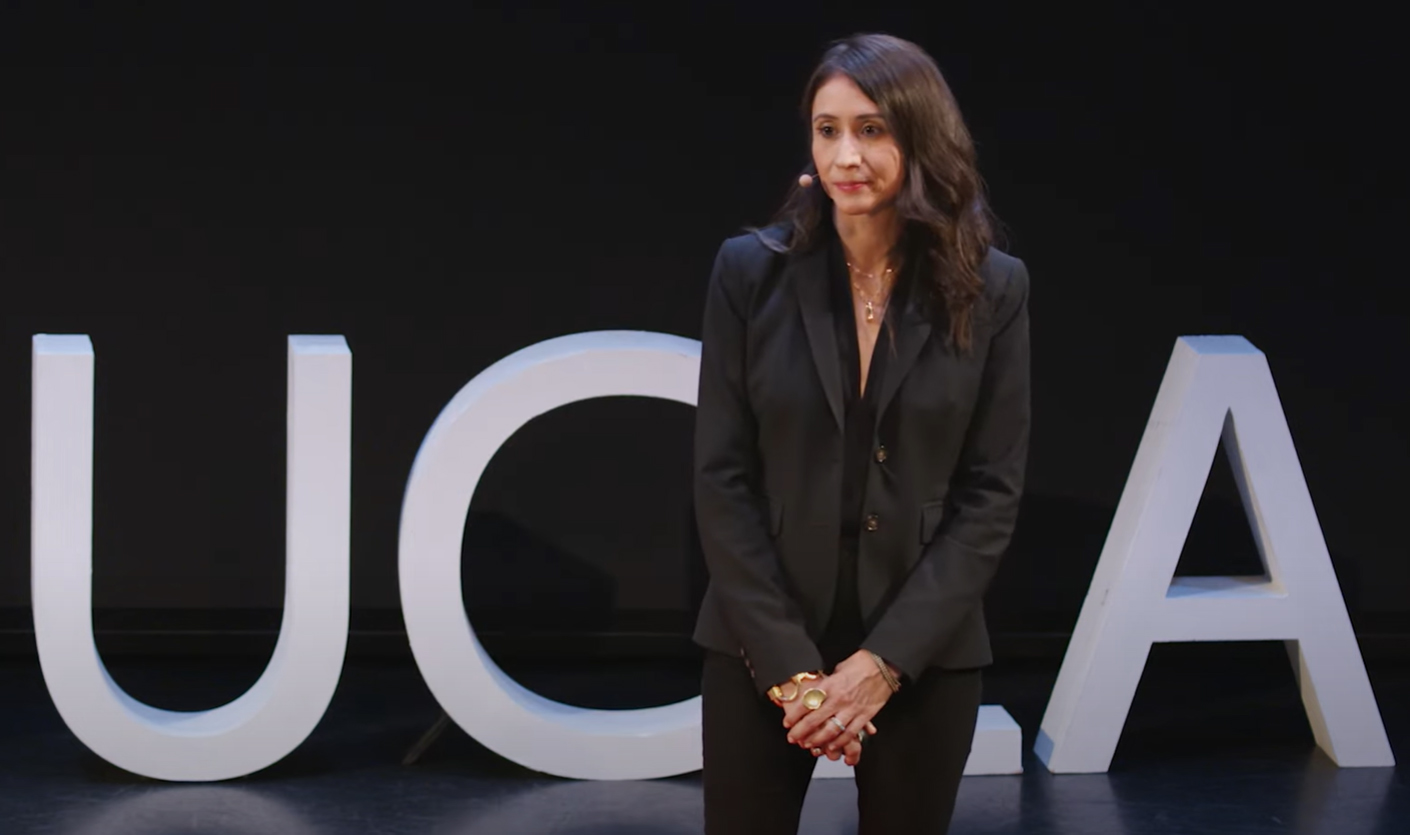

The Adolescent Brain: A Thriving Look | Adriana Galván | TEDxUCLA (2022)
Neuroscience tells us there is joy in not knowing what is coming next. Uncertainty is part of what makes life interesting. Yet, most adults describe a strong feeling of discomfort around uncertainty. On the other hand, adolescents thrive on uncertainty; it is their superpower. How might we embrace uncertainty as our superpower and, along the way, better understand the adolescent brain? Dr. Adriana Galván, PhD, is a professor of psychology at UCLA whose expertise is in adolescent brain development.
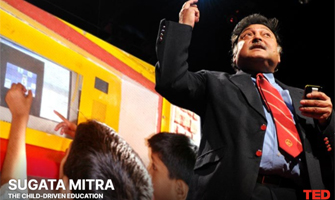

The Child-Driven Education
Sugatra Mitra, TED
Sugata Mitra tackles one of the greatest problems of education — the best teachers and schools don’t exist where they’re needed most. In a series of real-life experiments from New Delhi to South Africa to Italy, he gave kids self-supervised access to the web and saw results that could revolutionize how we think about teaching.
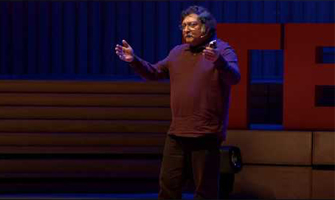

The Future of Learning
Sugata Mitra, TEDxNewcastle
Almost twenty years of experiments with children’s education takes us through a series of startling results – children can self organise their own learning, they can achieve educational objectives on their own, can read by themselves.
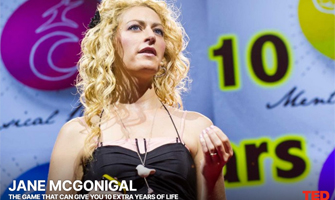

The Game That Can Give You 10 Extra Years of Life
Jane McGonigal
In this moving talk, McGonigal explains how a game can boost resilience—and promises to add 7.5 minutes to your life.
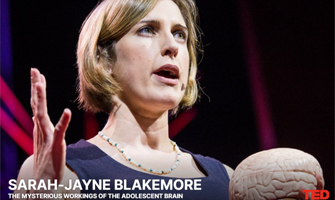

The mysterious workings of the adolescent brain
Sarah-Jayne Blakemore, TED
Why do teenagers seem so much more impulsive, so much less self-aware than grown-ups? Cognitive neuroscientist Sarah-Jayne Blakemore compares the prefrontal cortex in adolescents to that of adults, to show us how typically “teenage” behavior is caused by the growing and developing brain.
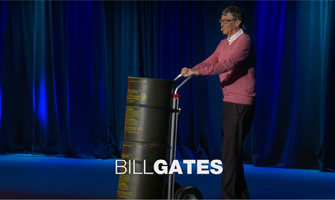

The Next Outbreak? We’re Not Ready
Bill Gates, TED
In 2014, the world avoided a global outbreak of Ebola, thanks to thousands of selfless health workers — plus, frankly, some very good luck. In hindsight, we know what we should have done better. Now’s the time to put all our good ideas into practice, from scenario planning to vaccine research to health worker training.
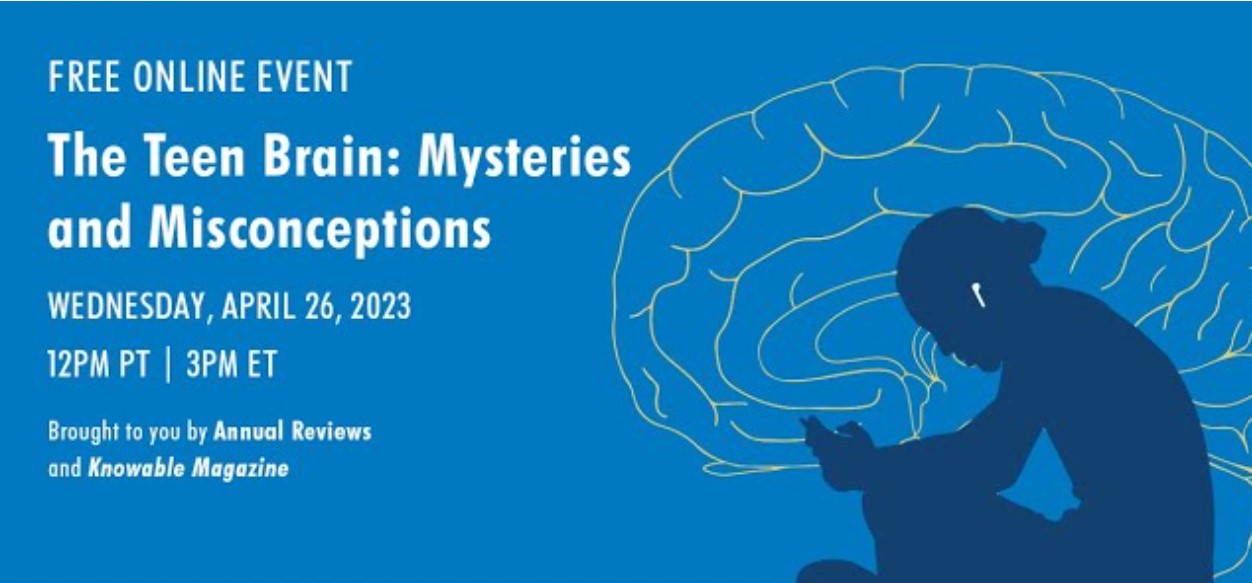

The teen brain: Mysteries and misconceptions—Dana Foundation (2023)
Speakers: BJ Casey, Neuroscientist, Barnard College-Columbia University and Diana Chao, Mental Health Activist and Founder of Letters to Strangers. Moderated by Emily Underwood, Science Content Producer, Knowable Magazine.
A conversation about the teenage brain’s strengths and vulnerabilities, how adults can support teenagers with mental health issues, and how teens can help one another.
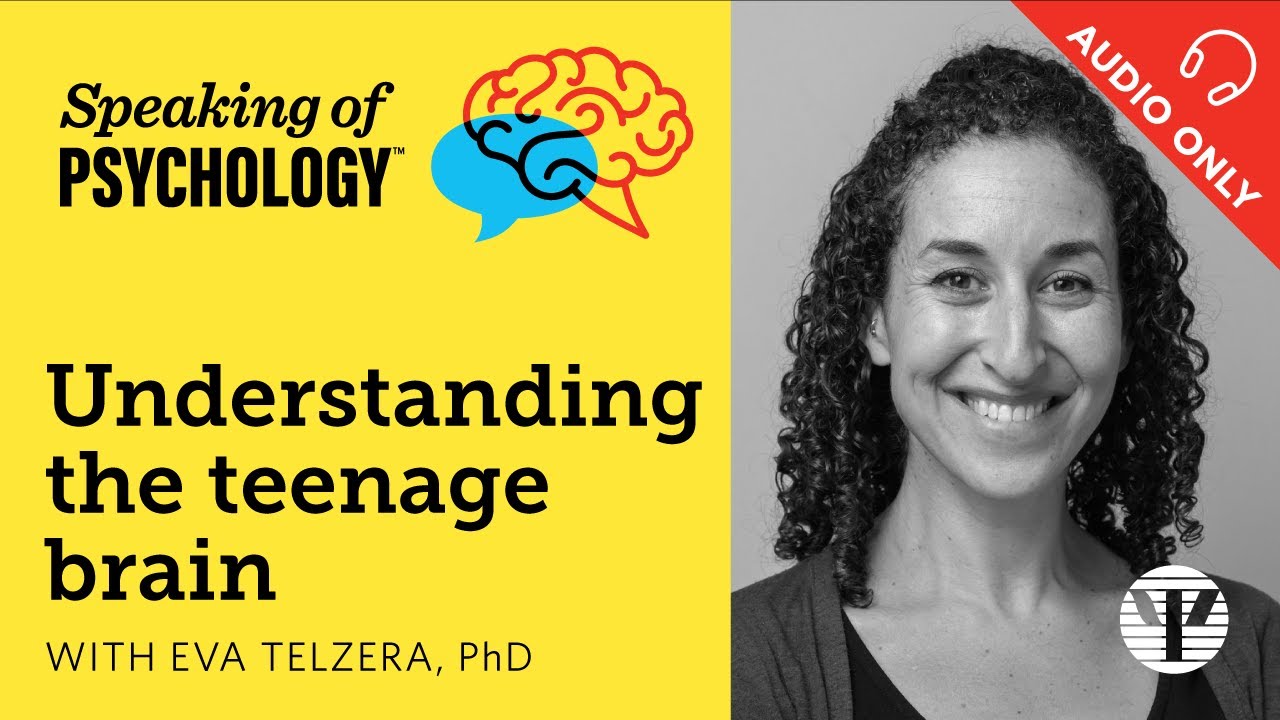

Understanding the Teenage Brain with Eva Telzer, PhD (2022)
There’s a common stereotype is that teenagers’ brains are immature and underdeveloped, and that teens are “hard-wired” to take unwise risks and cave to peer pressure. But psychologists’ research suggests these negative stereotypes are unfounded and that the teen years are a time opportunity and growth as well as risk. Eva Telzer, PhD, explains why teens take more risks and why that risk-taking is sometimes beneficial, why parents have more influence than they think, and how social media and other technology use may be affecting teens’ behavior and development.
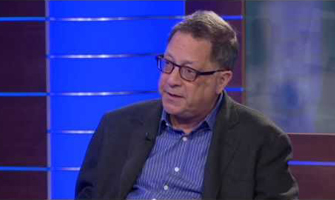

Union City May Provide a Blueprint for Failed School Systems
David L. Kirp NJTV News
The announcement that the state will take over Camden’s public schools turned attention to one of the most troubled school districts in the nation. University of California professor David Kirp points to Union City as one of the unsung success stories in public education.
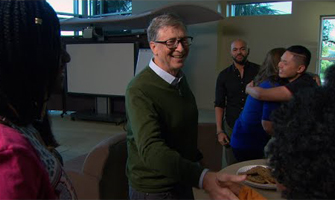

Why Bill and Melinda Gates put 20,000 Students Through College
Scott Pelley, CBS 60 Minutes
The surest way to narrow the wealth gap is to earn a college degree. Now major universities like Princeton are working to lower the price of admission through a new kind of affirmative action, not based on race, but on low-income status.
Our Mind in the Modern World
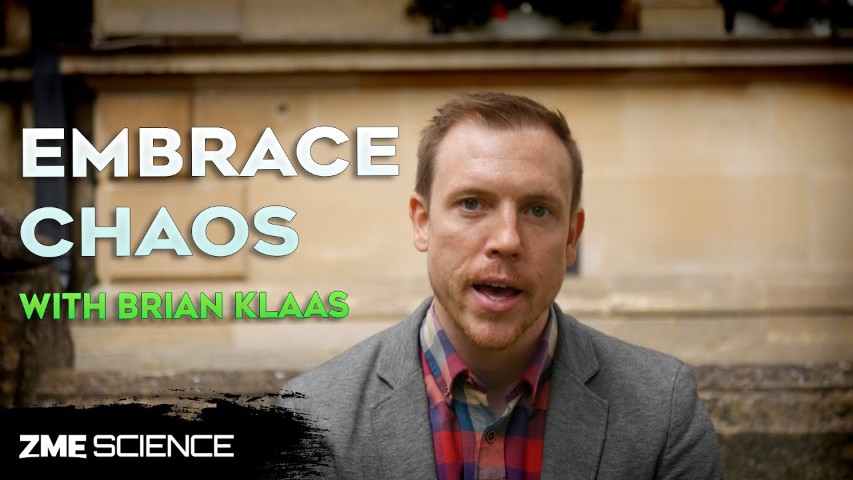

Embrace Chaos


How your memory works -- and why forgetting is totally OK
Have you ever misplaced something you were just holding? Completely blanked on a famous actor's name? Walked into a room and immediately forgot why? Neuroscientist Lisa Genova digs into two types of memory failures we regularly experience -- and reassures us that forgetting is totally normal. Stay tuned for a conversation with TED science curator David Biello, where Genova describes the difference between common moments of forgetting and possible signs of Alzheimer's, debunks a widespread myth about brain capacity and shares what you can do to keep your brain healthy and your memory sharp.


Jonathan Haidt–The Righteous Mind: Why Good People are Divided by Politics and Religion
Jonathan Haidt Hauenstein Center Talk
Why can’t our political leaders work together as threats loom and problems mount? Why do people so readily assume the worst about the motives of their fellow citizens? In The Righteous Mind, social psychologist Jonathan Haidt explores the origins of our divisions and points the way forward to mutual understanding.


Lisa Damour: 3 steps of anxiety overload — and how you can take back control
Ted Talk
Anxiety is a normal part of life, so why are we so afraid of it? Psychologist Lisa Damour breaks down how to recognize when anxiety is helpful and when it's harmful, offering simple solutions for calming yourself and taking back control when you feel it slipping away.
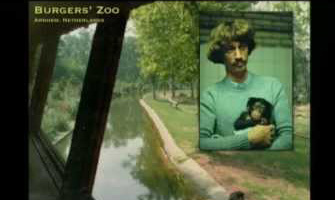

Morality Without Religion, TEDxPeachtree
Frans de Waal
“I am not sure that religion is at the root of morality because I personally think that morality existed before we had religions … all human societies have a form of religion so what does religion contribute to human society – that’s the question.”
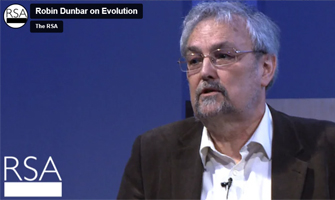

Robin Dunbar on Evolution
RSA
Evolutionary anthropologist Robin Dunbar discusses the cognitive and social underpinnings of human evolution.


Sensation vs. Perception: What's the Difference?
Dr. Kushner examines the limbic system, a complex network of structures that play a crucial role in regulating emotions, memory, and drives.


The Limbic System - Motivation, Emotions, Memories, and Drives
Dr. Kushner examines the limbic system, a complex network of structures that play a crucial role in regulating emotions, memory, and drives.
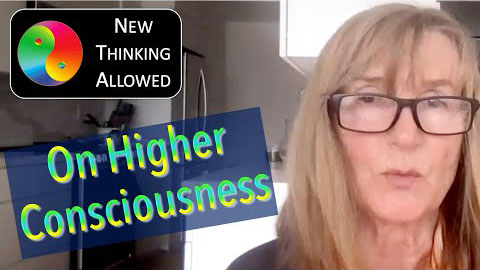

The Nature of Higher Consciousness with Sally Ornstein
New Thinking Allowed
Sally Ornstein describes the capacities of the brain’s right hemisphere for experiences of transcendence and wholeness as well as the stages in humanity’s religious evolution leading up to the integration of science and spirituality.


The Psychology of Evil
Philip Zimbardo knows how easy it is for nice people to turn bad. In this talk, he shares insights and graphic unseen photos from the Abu Ghraib trials. Then he talks about the flip side: how easy it is to be a hero, and how we can rise to the challenge.
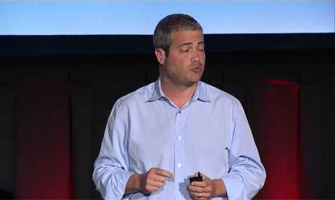

The Social Brain and its Superpowers
Matthew Lieberman, Ph.D., TEDx
Neuroscientist Matthew Lieberman explains that through his studies he’s learned that our kryptonite is ignoring the importance of our social superpowers and by building on our social intuition, we can make ourselves smarter, happier, and more productive.
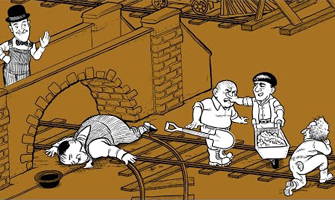

The Trolley Problem
BBC Radio 4
Is sacrificing one life to save the lives of many others the best possible outcome? Do you draw conclusions from how things are to think about how things should be? There might be a gap in your reasoning.


What Is Emotional Intelligence?
Many of humanity’s greatest problems stem not from a shortfall of technical or financial intelligence, but what we term emotional intelligence. It is through the acquisition of Emotional Intelligence that we stand to become better lovers, workers, friends and citizens.
